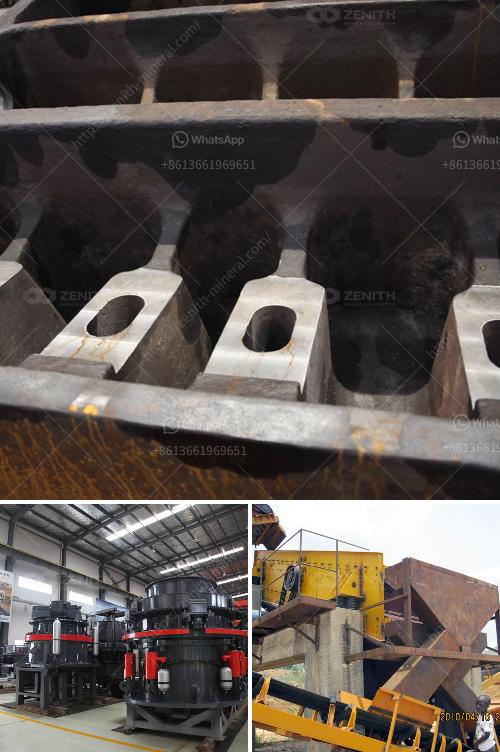40TPH Alluvial Tin Processing Plant
Project Overview:
A 40 tons per hour (TPH) alluvial tin processing plant is designed to process tin ore that is derived from alluvial deposits. Such deposits are typically formed by the weathering and erosion of tin-rich rocks. The processing plant aims to extract tin in the most efficient and environmentally friendly manner.
Key Components:
-
Feed Hopper:
- Function: Receives material from mining operations.
- Specs: Capacity to handle 40 tons per hour, equipped with grizzly bars to remove oversized material.
-
Trommel Screen:
- Function: Separates materials by size.
- Specs: Includes rotating drum with screen meshes of various sizes to sort out finer particles from larger rocks and debris.
-
Jig Concentrator:
- Function: Enhances concentration of tin by gravity separation.
- Specs: Operates with water and uses pulsation to sort tin particles from lighter materials.
-
Shaking Table:
- Function: Final stage of gravity concentration for fine tin particles.
- Specs: Material is fed evenly across a flat, riffled surface; specifically tuned for the high recovery of fine tin.
-
Water Recycling System:
- Function: Recycles process water to minimize environmental impact.
- Specs: Includes settling tanks, sand filters, and pumps.
-
Tailings Disposal System:
- Function: Efficiently handles waste material from the processing plant.
- Specs: Can be configured for dry stacking or slurry-based disposal depending on environmental regulations.
Process Flow:
- Feeding: Raw alluvial tin ore is fed into the feed hopper.
- Screening: The material passes through a trommel screen to separate fine particles from larger debris.
- Primary Concentration: Material is processed by a jig concentrator, where tin is separated based on density.
- Secondary Concentration: Output from the jig concentrator is further refined on a shaking table to increase the purity of the tin concentrate.
- Water Management: Process water is continually recycled through a closed-circuit system to reduce waste.
- Disposal: Non-tin material is safely disposed of using the tailings disposal system.
Environmental Considerations:
- Water Conservation: The plant recycles a significant amount of water, reducing the need for fresh water.
- Energy Efficiency: Modern machinery ensures optimal energy use during processing.
- Emission Control: Dust collectors and environmental control systems minimize air pollution.
- Waste Management: Tailings are handled in an environmentally responsible manner, potentially repurposing waste material where feasible.
Operational Requirements:
- Workforce: Requires skilled labor for operation, supervision, and maintenance.
- Maintenance: Regular maintenance schedules for all equipment to ensure continuous and efficient operation.
- Monitoring: Continuous monitoring and adjustment of processing parameters to optimize tin recovery and minimize loss.
Conclusion:
A 40TPH alluvial tin processing plant is a robust setup designed to maximize tin recovery from alluvial deposits with a keen focus on environmental sustainability. The system combines mechanical efficiency and process automation to achieve high productivity and minimal ecological impact.

